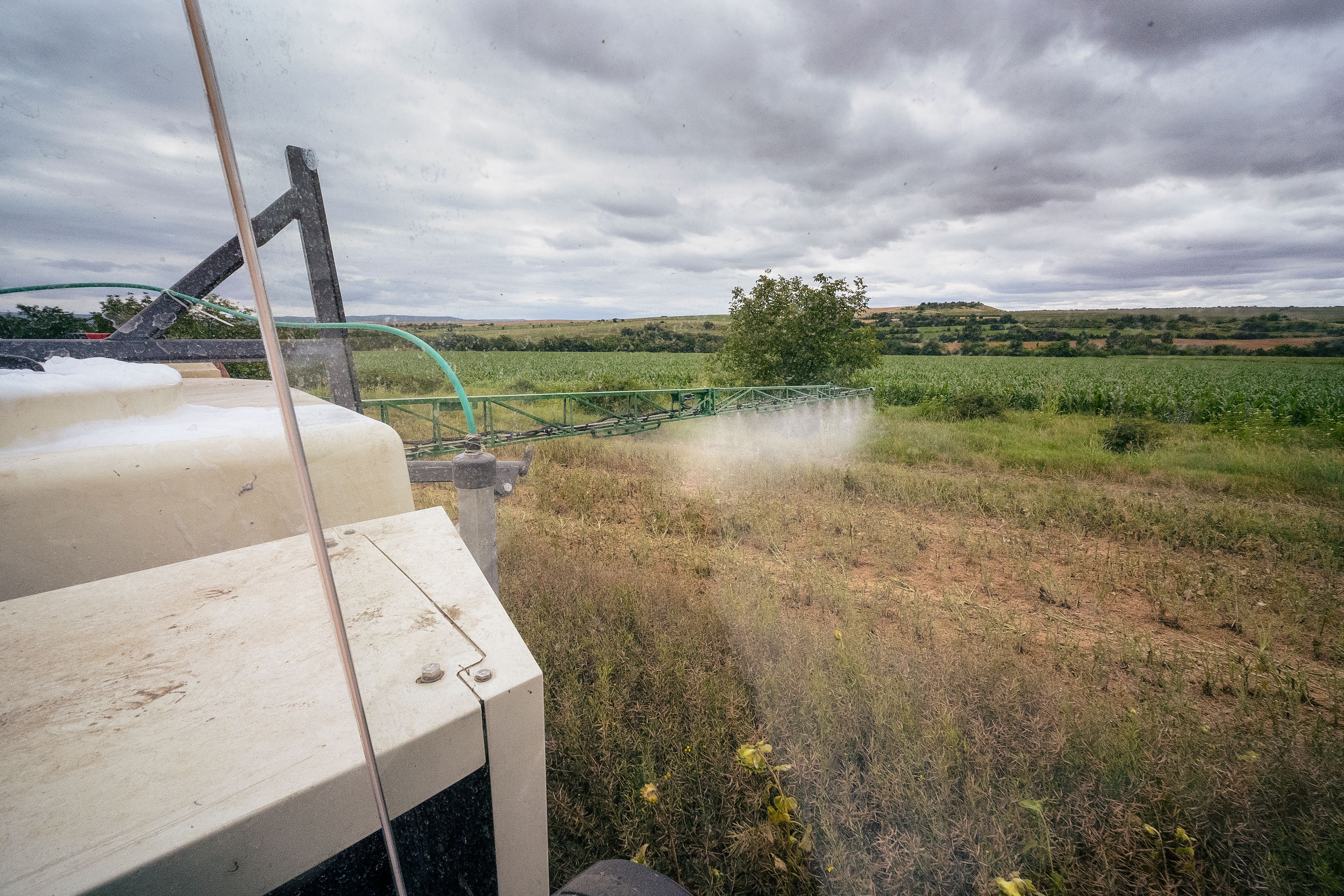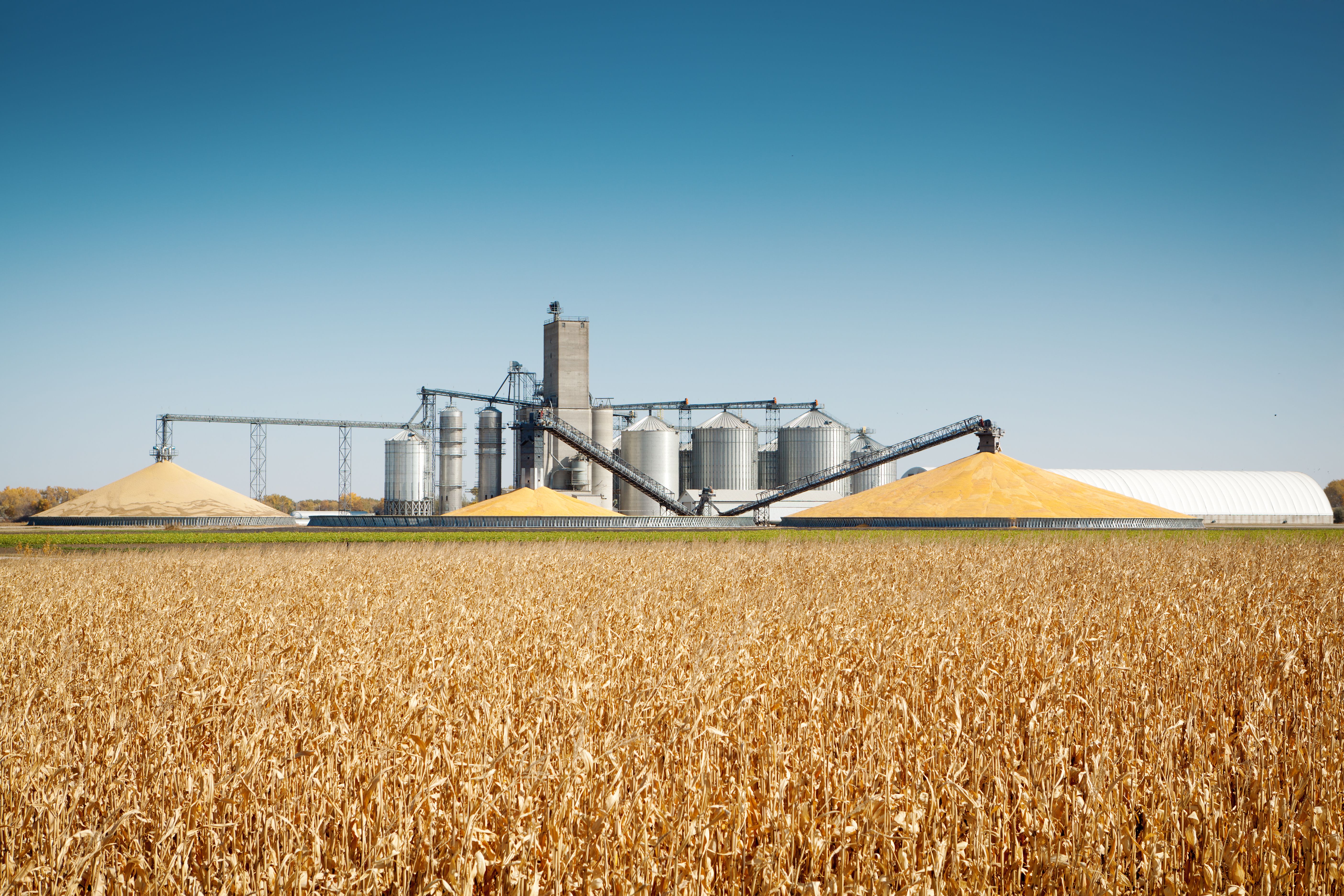The Impact of Greenwashing and Biofuel Development on European Agriculture
Understanding Greenwashing in Agriculture
Greenwashing is a term used to describe the practice of companies misleading consumers about the environmental benefits of a product or service. In the agricultural sector, this can manifest in various ways, such as overstating the sustainability of farming practices or the ecological benefits of certain products. While the intention behind promoting greener practices is positive, greenwashing can lead to misconceptions and hinder genuine efforts toward sustainability.

One of the most significant impacts of greenwashing is consumer confusion. When agricultural companies make exaggerated claims about their environmental practices, it makes it difficult for consumers to distinguish between truly sustainable products and those that are merely marketed as such. This can erode trust and ultimately slow down progress towards more sustainable agricultural practices.
The Role of Biofuels in European Agriculture
Biofuels have been heralded as a greener alternative to fossil fuels, offering a way to reduce carbon emissions and reliance on non-renewable resources. In Europe, the development of biofuels has gained significant traction, with many countries investing in biofuel production as part of their renewable energy strategies. However, the impact of biofuel development on agriculture is complex and multifaceted.
One major concern is the competition for land between food crops and biofuel crops. As demand for biofuels increases, more agricultural land is being diverted to grow biofuel feedstocks such as corn, sugarcane, and rapeseed. This can lead to a reduction in land available for food production, potentially driving up food prices and impacting food security.

Environmental Considerations
While biofuels are promoted as a sustainable energy source, their production can have significant environmental impacts. The cultivation of biofuel crops often requires intensive farming practices, which can lead to soil degradation, water scarcity, and biodiversity loss. These environmental concerns must be carefully managed to ensure that biofuel development does not undermine broader sustainability goals.
Balancing Sustainability and Development
The challenge for European agriculture is to balance the development of biofuels with the need for sustainable farming practices. Policymakers must consider both the environmental and socio-economic impacts of biofuel production to create policies that support sustainable agriculture without compromising food security or environmental health.
One approach is to encourage the use of second-generation biofuels, which are produced from non-food crops or agricultural waste. These alternatives can reduce the competition for land and lessen the environmental impact of biofuel production. Additionally, promoting transparent and honest marketing practices in agriculture can help combat greenwashing, ensuring that consumers are informed and able to make sustainable choices.

The Future of European Agriculture
As Europe continues to evolve its agricultural policies and practices, the focus must remain on genuine sustainability. This requires collaboration between governments, industry leaders, and consumers to create a resilient agricultural system that supports both environmental and economic goals. By addressing the challenges posed by greenwashing and biofuel development, Europe has the opportunity to lead the way in creating a more sustainable future for agriculture.
Ultimately, awareness and education are key. By fostering greater understanding among consumers about the realities of agricultural practices and the true impact of their choices, Europe can drive meaningful change towards a more sustainable agricultural landscape.
